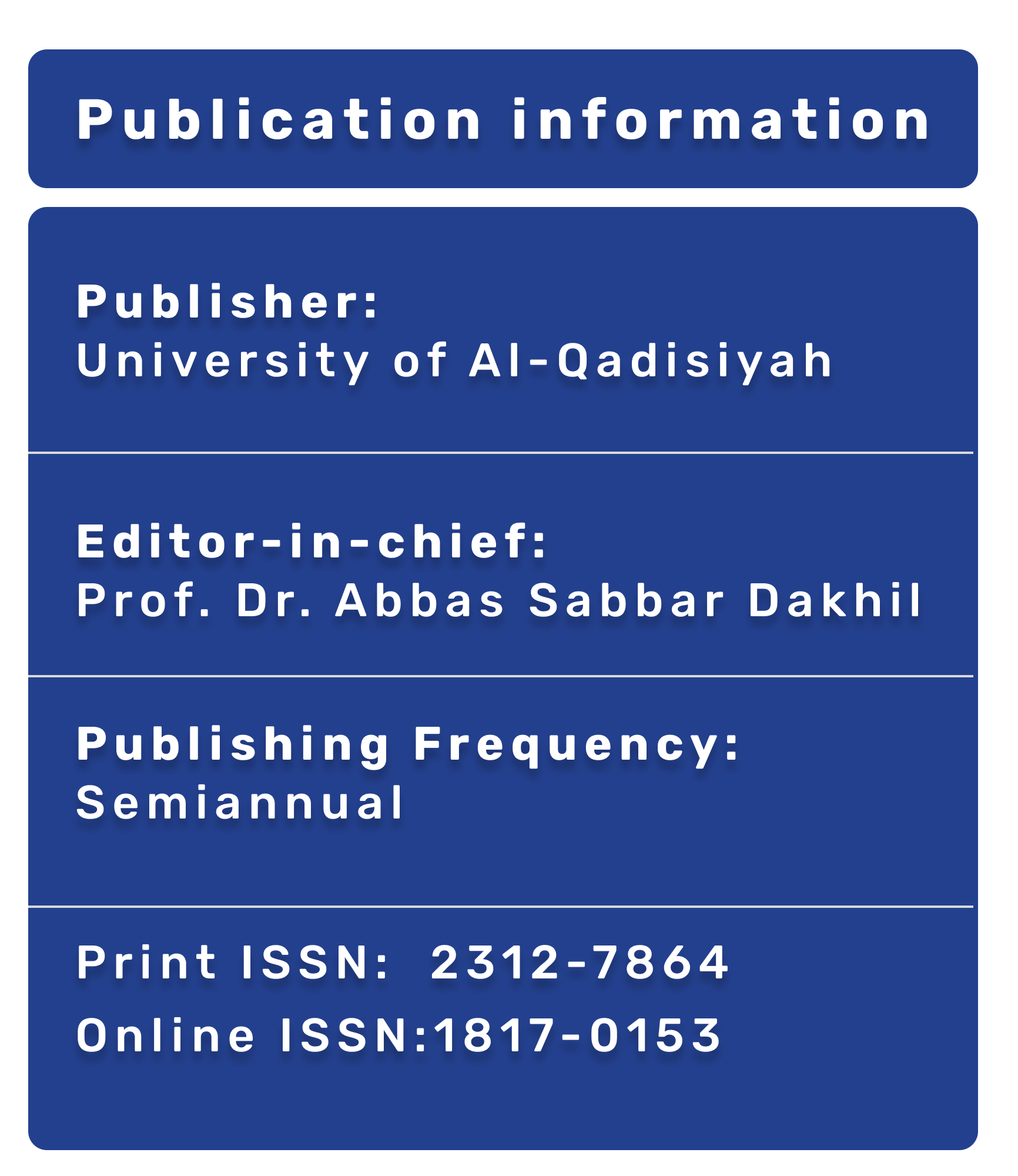Association between Aldosterone Renin ratio and Response to Valsartan in Iraqi Patients with Essential Hypertension
DOI:
https://doi.org/10.28922/qmj.2023.19.2.%25pAbstract
Damage to the heart and blood vessels, as well as to other organs and premature death, have all been related to hypertension, a multifactorial, progressive cardiovascular disease. The aldosterone-renin ratio (ARR) is a useful screening measure for secondary hypertension, which can be caused by primary aldosteronism. Angiotensin II receptor blockers (ARB) are the most often utilized medications that influence the renin-angiotensin system. These drugs prevent the physiological effects of angiotensin II by binding to AT1R. Blood pressure can be lowered by inhibiting AT1 receptors, as this results in decreased production of vasopressin and aldosterone and subsequent relaxation of blood vessels. Ninety hypertensive people were included in the study, and their average adjusted risk ratio (ARR) was 0.84 (an ARR less than 5.7 is considered normal).It's probable that valsartan's effect was responsible for all of the patients' supposedly negative results.








